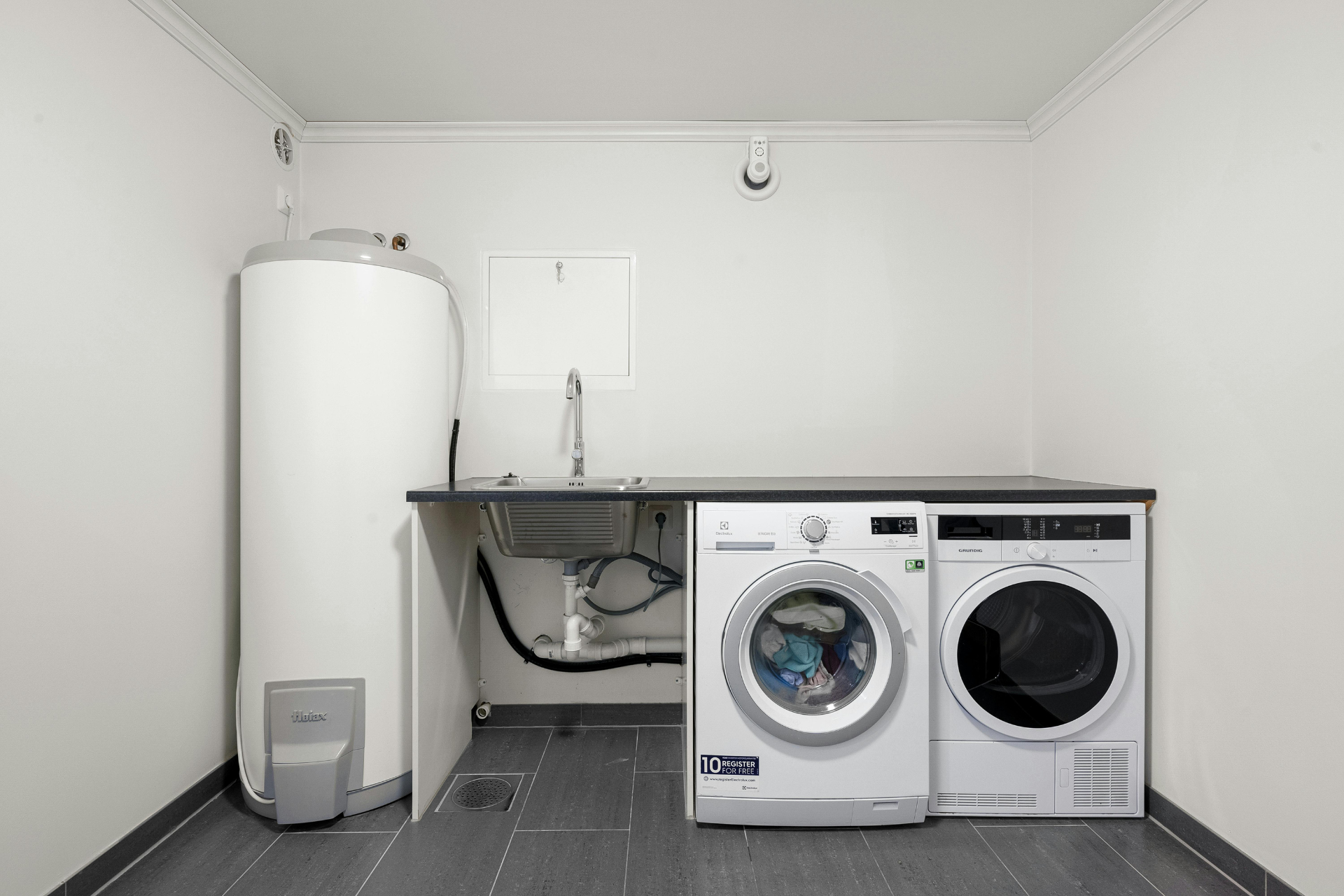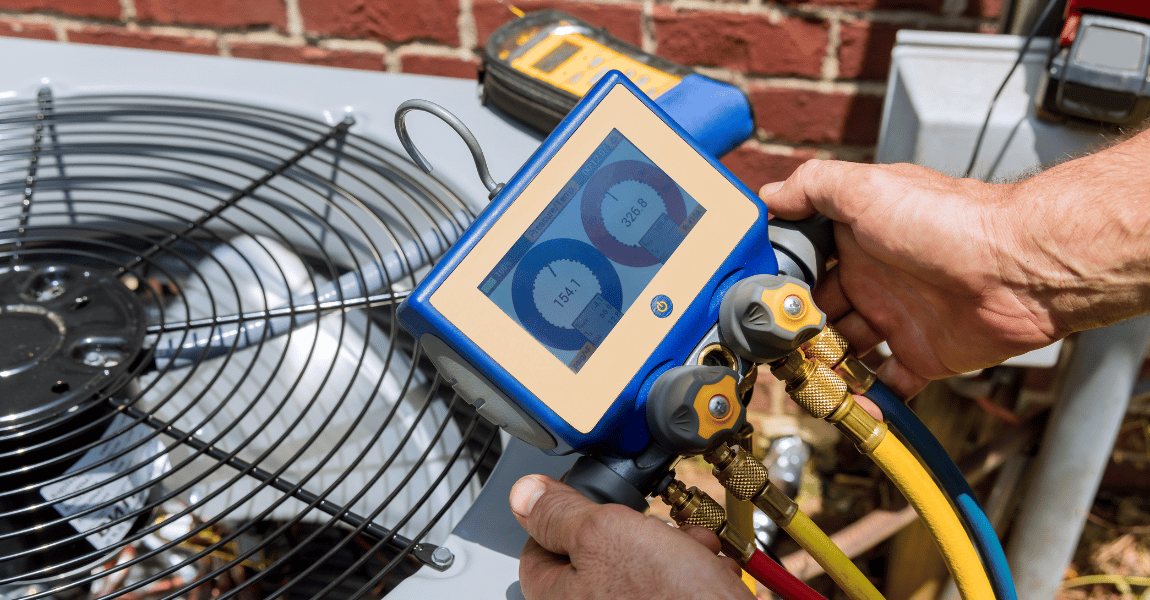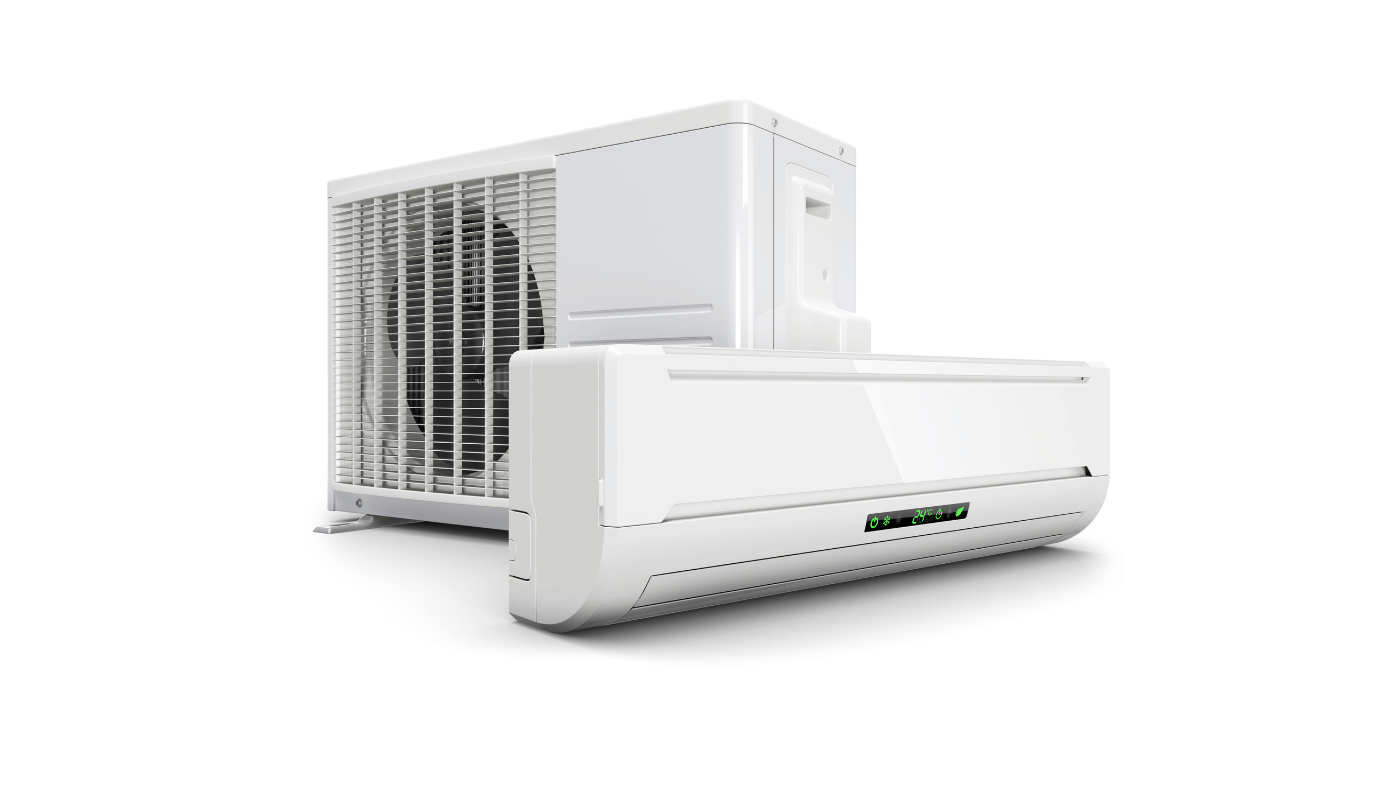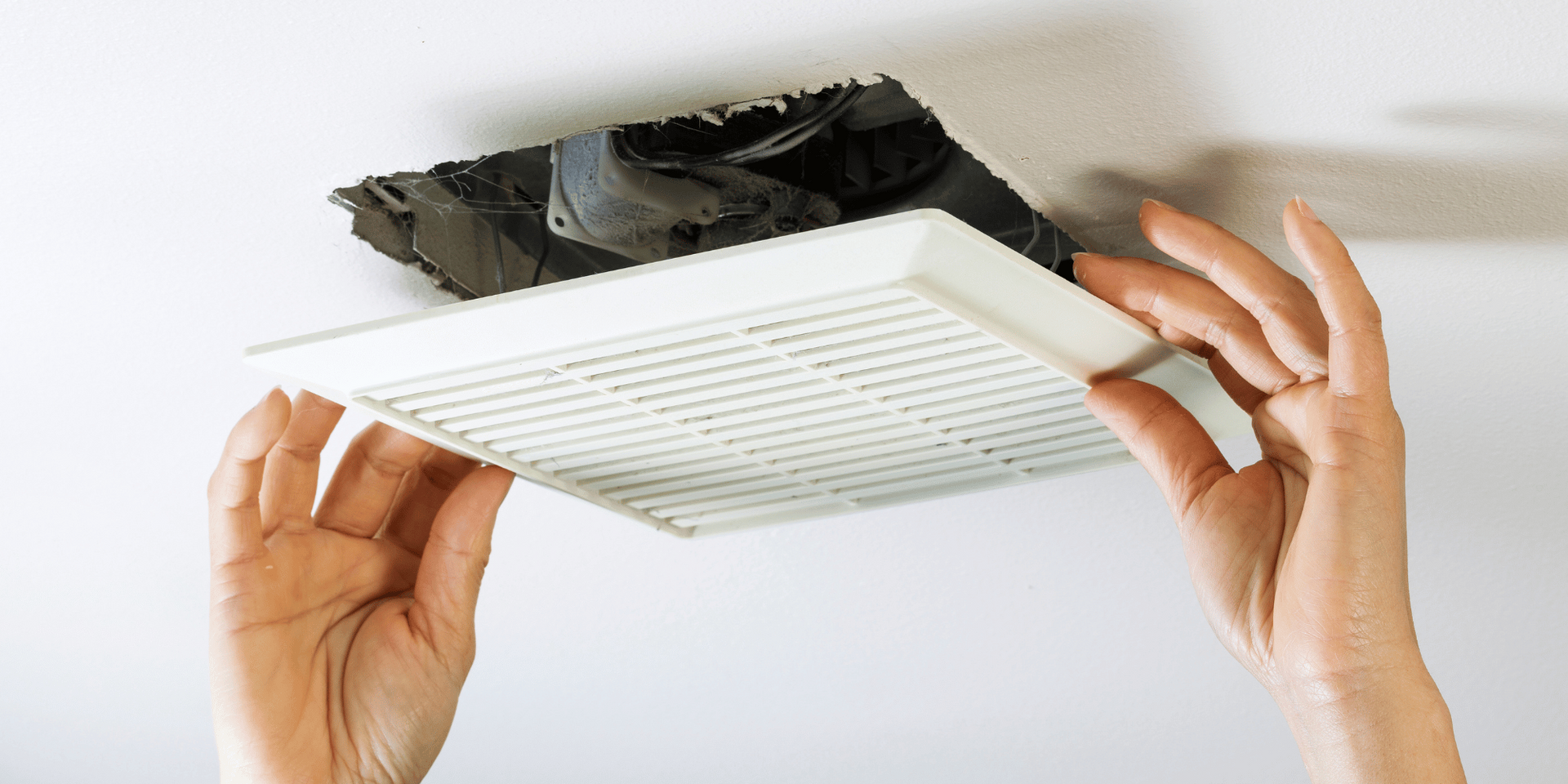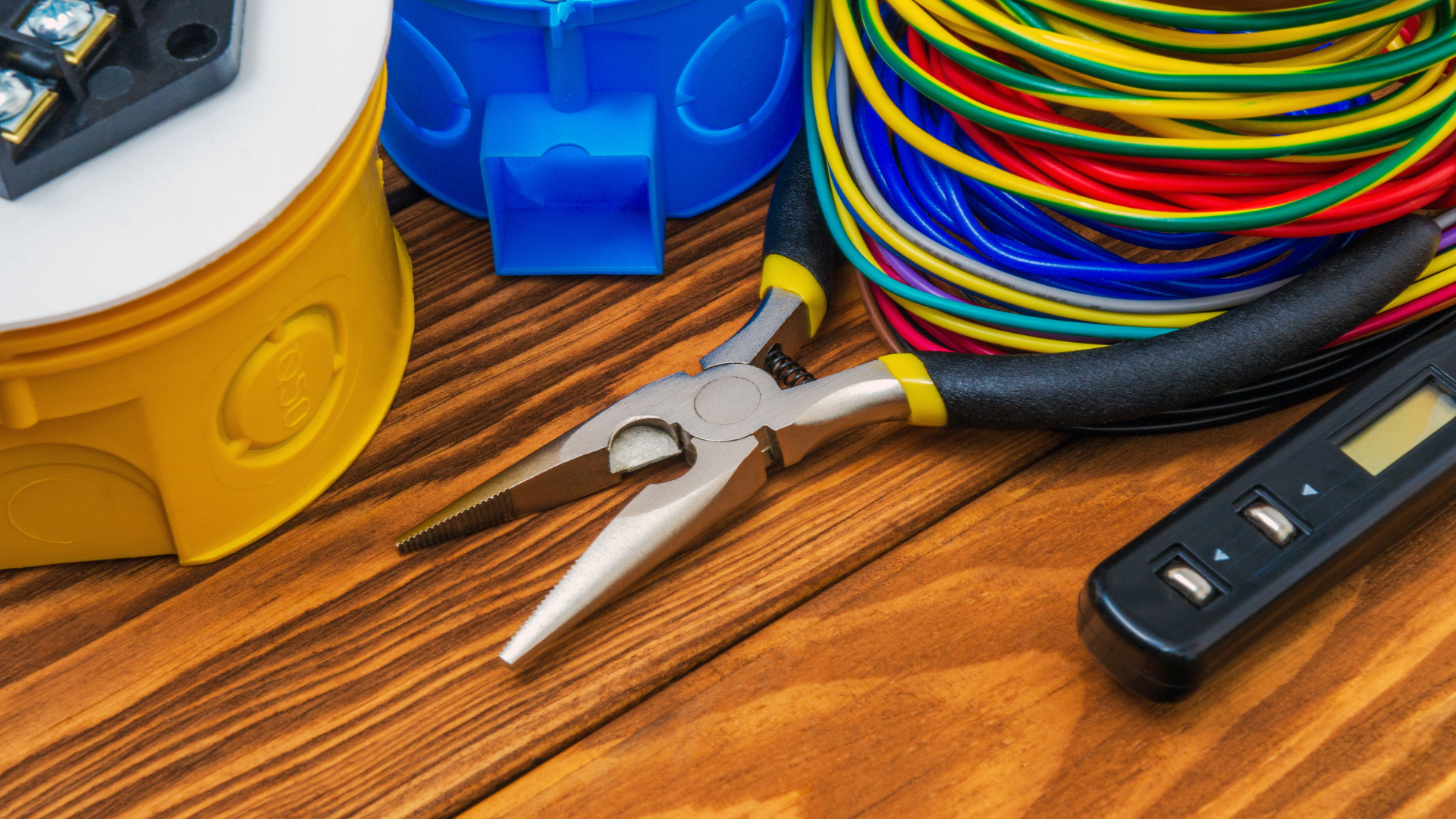Unravelling the Mystery of Electricity
Unraveling the Mysteries of Electricity: Understanding Its Fundamentals and Functioning
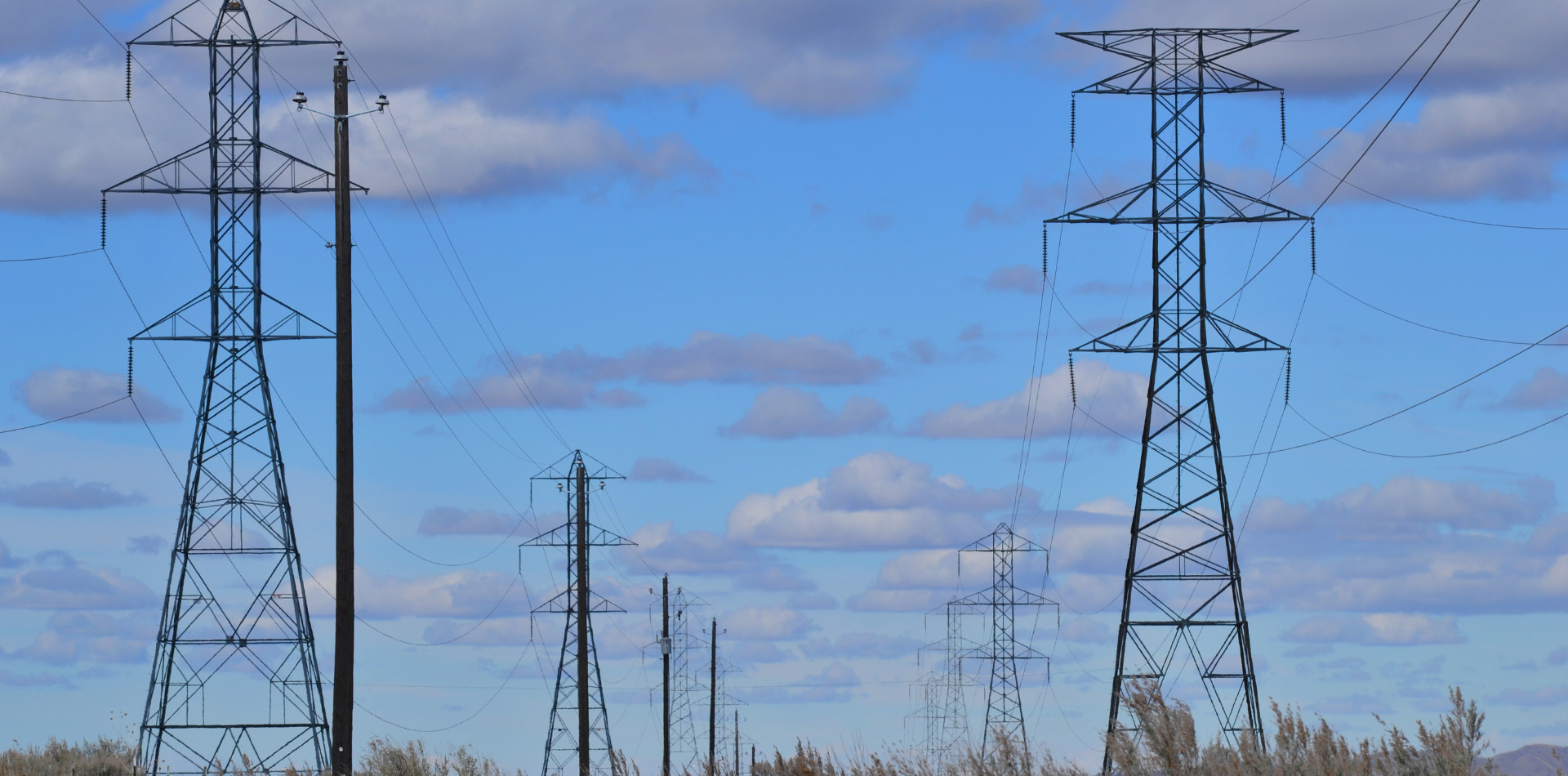
Electricity is a fundamental part of our daily lives, powering everything from the smallest gadgets to massive industrial machines. It's easy to take for granted, but understanding the basics of electricity and how it works can deepen our appreciation for this incredible force and help us use it more effectively and safely.
What is Electricity?
At its core, electricity is a form of energy resulting from the movement of electrons, the tiny particles orbiting the nucleus of an atom.
When these electrons move, they create an electric current, which is what powers our devices.
Electricity can manifest in two forms:
- static electricity, resulting from the build-up of electric charge on a surface.
- current electricity, which is the flow of electric charge through a conductor.
How Electricity is Generated
Electricity generation typically involves converting various forms of energy - like mechanical, thermal, or chemical energy - into electrical energy.
This is commonly done in power plants using methods such as:
- Burning Fossil Fuels: Coal, natural gas, or oil are burned to create steam, which drives turbines connected to generators.
- Nuclear Power: Nuclear fission heats water to create steam, which, like in a fossil fuel plant, drives turbines.
- Renewable Sources: Hydroelectric power uses water flow, wind turbines use wind, and solar panels use sunlight to generate electricity.
Once generated, electricity is sent through transformers to increase its voltage, allowing it to travel long distances over power lines with minimal loss of energy.

The Flow of Electricity: Circuits
For electricity to be useful, it must flow in a closed loop or circuit.
A basic electrical circuit includes a power source (like a battery), a conductor (like wires), and a load (like a light bulb or a motor) that uses the electricity to perform work.
When the circuit is closed, electricity flows from the power source through the conductor to the load, and then back to the source.
AC and DC: The Two Types of Electric Current
- Direct Current (DC): In DC, the electric charge flows in one direction. Batteries provide DC.
- Alternating Current (AC): In AC, the direction of the charge changes periodically. This is the type of electricity supplied to homes and businesses.
AC is typically used for power distribution because it's more efficient over long distances.
Most household devices are designed to use AC power, though they often convert it to DC internally.
The Role of Voltage, Current, and Resistance
Understanding electricity also involves understanding three key concepts: voltage, current, and resistance.
- Voltage (V): This is the force that pushes electric charges through a conductor. It's measured in volts (V).
- Current (I): This is the rate at which electric charge is flowing. It's measured in amperes, or amps (A).
- Resistance (R): This is the opposition to the flow of current. It's measured in ohms (Ω).
Ohm's Law is a fundamental equation in electricity, relating these three concepts: V = I × R.

Electricity in Our Daily Lives
From lighting our homes to powering our computers and smartphones, electricity is indispensable.
Its efficient use, coupled with safety practices, is essential.
Always remember that electricity, while useful, can be dangerous if mishandled.
Electricity is a remarkable and versatile form of energy.
Its generation, transmission, and the way it powers devices are fundamental to modern life. Understanding the basics of electricity not only satisfies curiosity but also empowers us to use this incredible resource wisely and safely.
As we continue to innovate and find sustainable ways to generate and use electricity, its significance in our lives is only set to grow.



